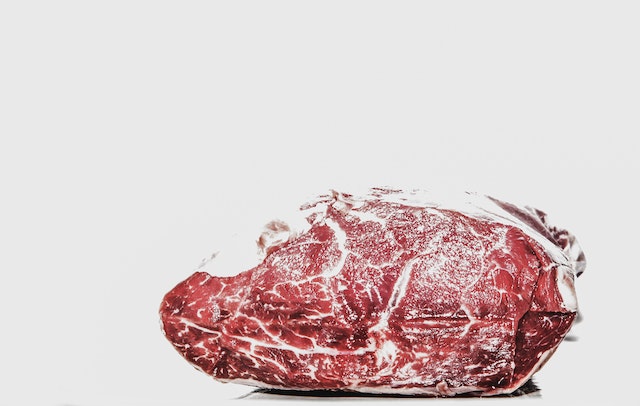Researchers at Pusan National University in South Korea have developed a method to detect food spoilage by tracking biogenic amines released from spoiled food during storage and distribution. The findings were published in an academic journal called Food Chemistry.
When foods like fish, meat, and cheese decompose, they release a variety of organic nitrogen compounds known as biogenic amines. While the body uses these amines in small amounts in processes like hormone synthesis, ingesting large amounts from spoiled food can cause health problems. This motivated a team of researchers, including professor Sungbaek Seo, associate professor of Biomaterials Science at Pusan National University, to develop a portable sensor that detects the presence of biogenic amines by changing colors.
"The rapid and easy monitoring of deleterious biogenic amines released from spoiled foods could alert us, prevent consumption of spoiled meat, maintain food quality, and establish further effective food storage and distribution conditions in the logistic chain," said Seo in a statement.
The team used the color-changing property of polydiacetylene-based hydrogel beads to track whether food has spoiled. If the beads are in the presence of biogenic amines, their color changes from blue to red.
"The portable beads could be utilized on sites for monitoring whether the food quality is okay during storage and logistic chain. Further, the beads could be applied in evaluating whether ideal food storage and distribution conditions are well-preserved,” said Seo.
Related: KeHE, Rodale Institute Partner; Machine Learning Helps Predict Food Crisis

